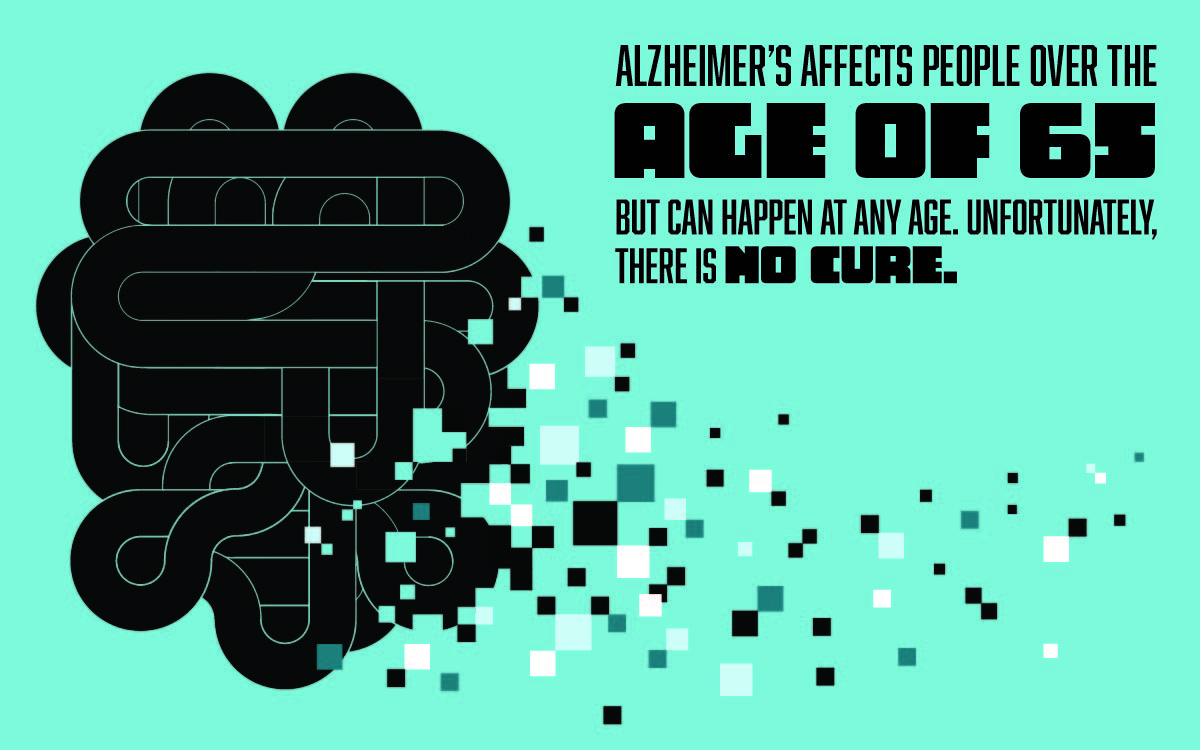By: Dr. Riffat Sadiq, CEO of WNY Medical, PC, Channel Creator
I’m an internal medicine physician, with a fellowship in geriatrics. The fellowship gave me an expertise in the treatment and understanding of aging and the risk of dementia. It is an important topic because a lot of people don’t understand what memory loss or dementia is. First, let’s address what dementia and Alzheimer’s is.
What is Alzheimer’s?
Alzheimer’s is the most common type of dementia. 60 to 80 percent of people who have dementia, have Alzheimer’s. Alzheimer’s is a very progressive condition, which means it gets worse over time. It usually affects people over the age of 65, but it can happen at any age. Unfortunately, there is no cure for it.
Alzheimer’s happens when the tau protein is impaired causing plaque and fibers to build creating tangles in the brain. This build-up in your brain blocks nerve signals and destroy nerve cells. Memory loss may be mild at the beginning, but if these plaque and fiber tangles occur more and more, then dementia progresses, and worsens with time. It becomes very difficult to even carry on a conversation or do simple tasks in everyday life. People become more confused and aggressive. These are some of the most common symptoms of Alzheimer’s. The final stage is very sad. What happens is the brain is no longer functioning properly. The excessive buildup of tangles, proteins and plaques impairs the communication between cells. So, there is no signal going to the cells telling the patient to drink water or chew their food.
That is why it is so important to diagnose this disease at an early age. If it is diagnosed at an early age, the progression of the disease may be slowed with medication and further help.
So, what is dementia?
Dementia is a brain disorder that makes it hard to remember, think clearly, make decisions, and even control your emotions.
There are two types of memory impairment. One is benign forgetfulness, and the other is malignant memory loss.
Benign forgetfulness can happen to anyone at any age, but the majority of the people are over age 65. It is not serious. It is annoying, but not serious. Benign forgetfulness is normal such as forgetting where your car keys are or where you parked your car. It’s common, and it’s not worrisome.
On the other hand, malignant memory loss can be a sign of dementia. It is crucial to know the difference. Because, if you discover dementia at an early age, you can take some medication which can help to slow down the disease’s progress.
Now, it is important to determine the difference between signs of benign forgetfulness and malignant memory loss.
There are four ways to self-diagnose your symptoms. First, is simple short-term memory loss. If you cannot recall what you ate an hour ago or which TV program you saw an hour ago, that’s a problem.
Our second sign we should watch out for is illogical forgetfulness. If you’re just forgetting your cell phone in your car or in a taxi, that’s alright. But, if you find your cell phone in a freezer, that is worrisome.
The third sign is when you set up an appointment for yourself with a friend, family member, or event. If on reminder, you still cannot remember your own events, which you actually scheduled that is a problem.
The last sign is when someone does not know what the problem is. If the people around you and your loved ones, are bringing it to your attention or if your doctor is bringing it to your attention, then that patient is losing their memory.
Some recommendations that you could give to family members to help prevent dementia are:
Eating healthy:
That’s the most important thing. Foods that have a lot of antioxidants, such as almonds and berries. Avoid synthetic and artificial foods. Specifically, I would advise staying away from the microwave and sweeteners.
Walking in the sunlight:
Sunlight helps maintain the hippocampus in your brain, which plays a very important role in consolidation of information, from short term to the long term.
Being in a happy mood:
Also, brain exercises. It’s very important to keep your brain engaged. Crossword puzzles or any activities which you like to do can keep your brain active and engaged. Lastly, is to be productive. Keep active doing what you enjoyed doing your whole life, that is going to keep you young and healthy and happy.
Please seek your doctor’s advice. It is very, very important to take your loved one to the doctor. It’s a very, very simple test, which is called mini mental. The test can be done in five or ten minutes and your health provider can get some answers for you and recommend the next steps to take.

